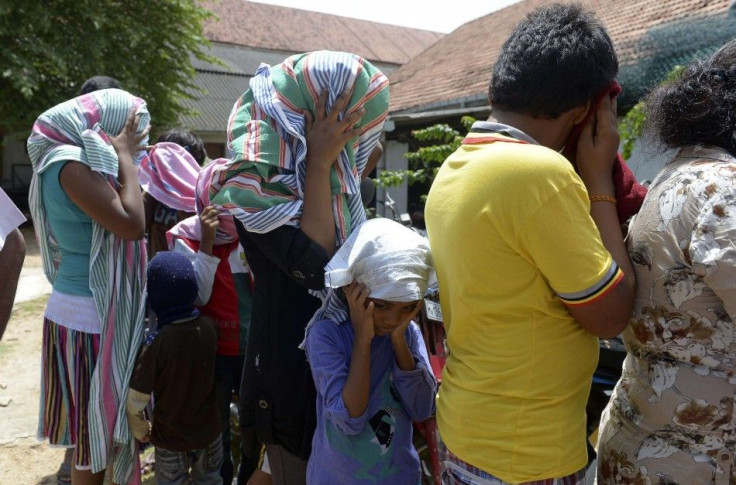Freedom of movement for asylum seekers in Nauru
Detainees face violence, including sexual assault, at the detention centre in Nauru

Asylum seekers in the Pacific island-nation of Nauru can relax as it has eased its conditions at the detention centre. According to a statement from Nauru’s Department of Justice and Border Control, the detainees can have freedom of movement “24 hours per day, seven days per week,” on this tiny island beginning on Monday.
“The start of detention-free processing is a landmark day for Nauru and represents an even more compassionate program, which was always the intention of our government,” said David Adeang, justice minister. Even though there are about 600 people who want their claims to be processed, David said, all pending claims will be processed within a week. In reply, Australia’s immigration minister, Peter Dutton, said in a written statement that Australia welcomed the announcements.
The detention centre was built in 2001 and was financed by Australia. After that, it remained closed for five years and was reopened in 2012. Australia’s policy faced criticism from advocates as it was holding asylum seekers on outlying islands where risk of violence is lurking along with long periods in extreme conditions and medical care is limited as well, said The New York Times report.
“We don’t think it’s a coincidence that this announcement is happening three years after the reopening of the detention center and two days before the highest court is considering the lawfulness of offshore detention on Nauru,” Hugh de Kretser, the executive director of the Human Rights Law Centre in Melbourne, said as he questioned the timing of the announcement. Even though the announcement might bring relief to numerous people, but it doesn’t address the fundamental justice of warehousing the people on a tiny island-nation.
More than 200 asylum seekers that include 50 children are seeking legal protection after they were taken to Australia for medical care that was lacking in Nauru and on Manus Island, the site of another detention centre in Papua New Guinea. “We are asking the Australian government to have compassion and not send them back to an environment, which is clearly unsafe, whether they’re inside the fence or outside the fence,” Kretser added.
According to a enathanael.com Web site, in August, a Senate committee report was issued that documented testimony regarding the Nauru processing centre which was unsafe and that people detained there were at risk of violence, including sexual assault. As a result, it asked for dropping the detention centre curfews and giving much more access to the news media and human rights investigators.
Contact the writer at feedback@ibtimes.com.au or tell us what you think below at the bottom of the article.




















